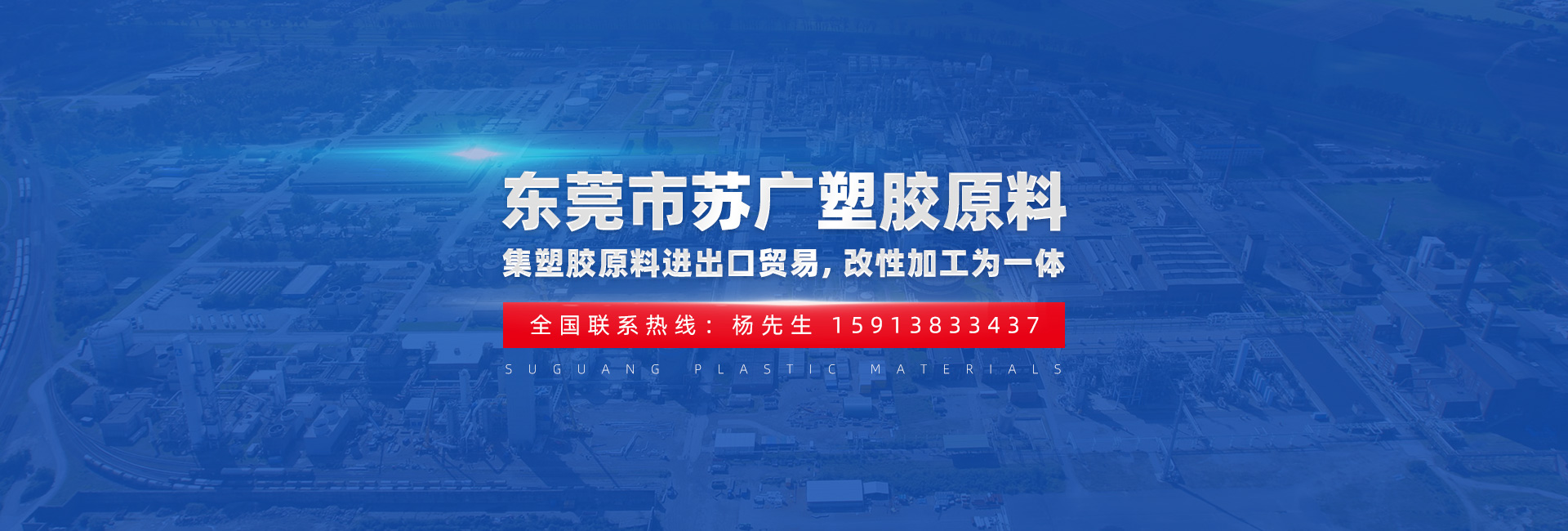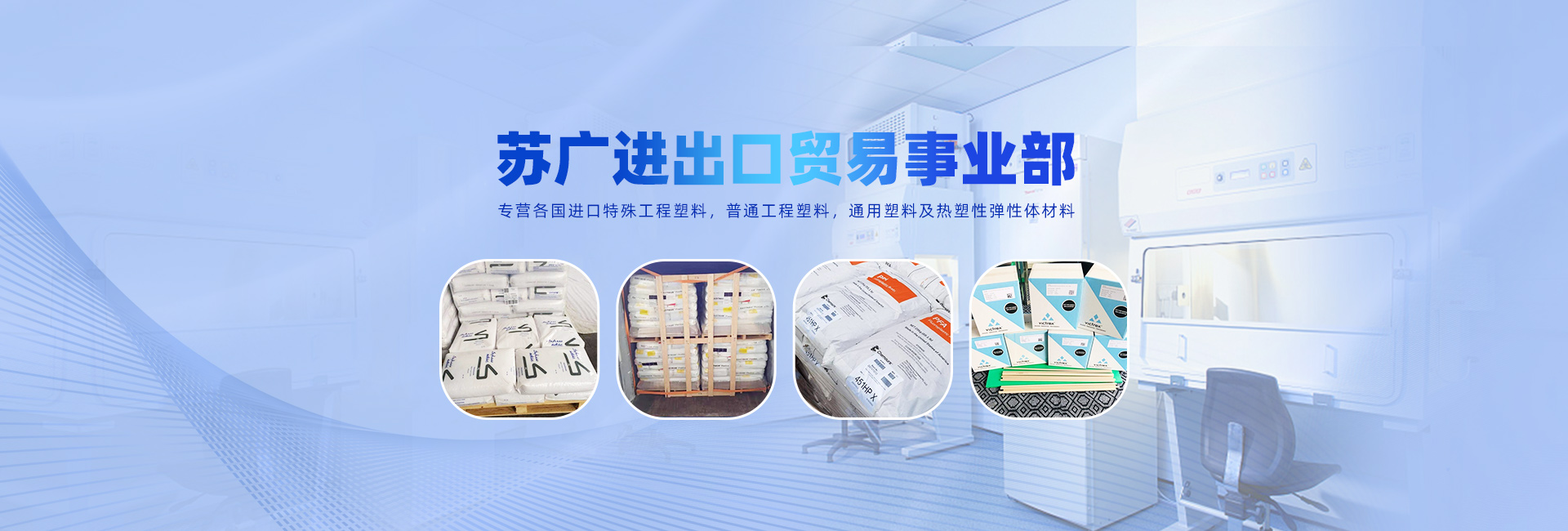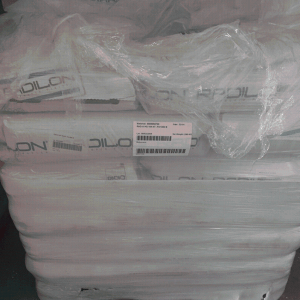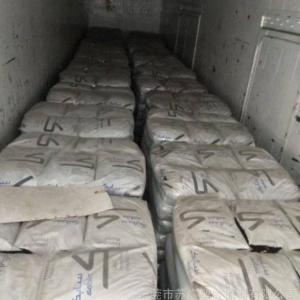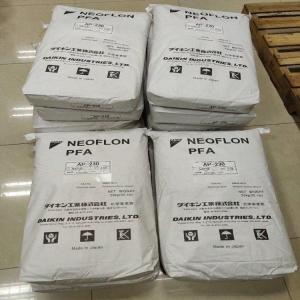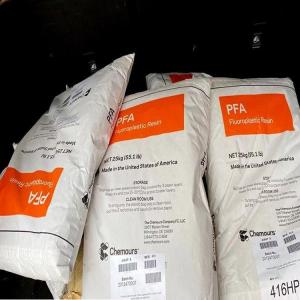
|
- 起订量 (千克)价格
- 25-100¥29.9 /千克
- ≥100¥29 /千克
- 品牌:兰蒂奇
- 货号:01
- 发布日期: 2024-06-01
- 更新日期: 2025-12-24
| 品牌 | 兰蒂奇 |
| 货号 | 01 |
| 用途 | 汽车配件 电子配件 |
| 牌号 | S RV300 100 NT |
| 型号 | S RV300 100 NT |
| 品名 | PA6 |
| 外形尺寸 | 25 |
| 厂家 | Radilon |
| 是否进口 | 是 |
热稳定PA6 Radilon S RV300 100 NT
PA6性能特点:其基本性能如下(1)PA6的强度及刚性好,硬度高,但硬度低于PA66,冲击强度高,疲劳强度高,但抗蠕变性差。低温力学性能良好,有优异的耐摩擦、耐磨性及自润滑性;
2)吸水率高,尺寸稳定性差;
3)PA6耐热性能良好,但热稳定性不良,阻燃性良好,为缓慢离火自熄、低咽性塑料,阴燃性为UL94V-2级;
4)PA6电性能良好;
5)PA6耐蚀性良好,对润滑剂、液压油、机油、冷却剂、制冷剂、洗涤剂、脂肪族等有优异的耐蚀性,耐碱和大多数盐类,不耐无机酸、甲酸、酚类化合物,但耐烃、酮、酯等有机物。在碱性条件下几乎不会水解,但在酸性条件下易发生水解;。
注塑模工艺条件
干燥处理:由于 PA6 很容易吸收水分,因此加工前的干燥特别要注意。如果材料是用防水材料包装供应的,则 容器应保持密闭。如果湿度大于 0.2%,建议在 80C 以上的热空气中干燥 16 小时。如果材料已经在空气中暴露 超过 8 小时,建议进行 105C,8 小时以上的真空烘干。
熔化温度:230~280C,对于增强品种为 250~280C。 模具温度:80~90C。模具温度很显著地影响结晶度,而结晶度又影响着塑件的机械特性。
对于结构部件来说结晶度很重要,因此建议模具温度为 80~90C。对于薄壁的,流程较长的塑件也建议施用较高的模具温度。增大模具温度可以提高塑件的强度和刚度,但却降低了韧性。 如果壁厚大于 3mm,建议使用 20~40C 的低温模具。对于玻璃增强材料模具温度应大于 80C。 注射压力:一般在 750~1250bar 之间(取决于材料和产品设计)。
注射速度:高速(对增强型材料要稍微降低)。
流道和浇口:由于 PA6 的凝固时间很短,因此浇口的位置非常重要。浇口孔径不要小于 0.5*t (这里 t 为塑件厚度)。如果使用热流道,浇口尺寸应比使用常规流道小一些,因为热流道能够帮助阻止材料过 早凝固。如果用潜入式浇口,浇口的最小直径应当是 0.75mm
尼龙主要特点如下:
1.优良的力学性能。尼龙的机械强度高,韧性好
2,自润性、耐摩擦性好。尼龙具有很好的自润性,摩擦系数小,从而,作为传动部件其使用寿命长,
PA6应用范围:在PA6中改性PA6的应用比纯PA6广,主要改性品种有GFPA6、MCPA6、增韧PA6等。(1)在汽车领域主要利用其耐冲击性、耐热,增强PA的抗蠕变性、耐油性制作散热器箱、燃料过滤器、车轮罩、汽车外板、连接器、座椅背、密封罩等;(2)在电子电气工业中,利用其电绝缘性、耐热及阻燃性制作开关、继电器零件、接线柱、绕线管、录音机飞轮及电饭煲、微波炉壳体等;(3)在机械领域主要利用其耐磨、自润滑、耐冲击性制作齿轮、轴承、滑轮、叶轮、叶片、紫固件、高压密封圈、耐油密封垫、活塞环等;(4)在化工设备领域主要用作管道、储槽、过滤器、阀头、阀体等;(5)在其他方面,如食品、油脂包装膜,自行车轮、打火机壳体、手表壳、安全帽等
RADILON® A NST6650HSL
High Impact Nylon 66 Exceptional Toughness in dry as molded state and at low temperatures Heat Stable
More ?
RADILON® A NST6650L
High Impact Nylon 66 Exceptional Toughness in dry as molded state and at low temperatures
More ?
RADILON® A NST66G33HSL
High Impact Nylon 66 reinforced with 33% glass fiber Heat Stable
More ?
RADILON® A NST66G14HSL
High Impact Nylon 6 reinforced with 14% glass fiber Heat Stabilized
More ?
RADILON A 24E 100 NAT
PA66 low viscosity extrusion grade. Natural colour
More ?
RADILON A 38 100 NAT
PA66 extrusion grade for tubes, profiles and sheets. Natural colour
More ?
RADILON A 42 100 NAT
PA66 extrusion grade fot tubes, profiles and sheets. Natural colour
More ?
RADILON A BF 990 GRI
PA66 injection moulding grade with molybdenum disulfide. Enhanched friction properties. Natural grey colour
More ?
RADILON A CF300K 333 NER (29066)
PA66 30% Carbon fiber reinforced injection moulding grade. High stiffness and high conductivity. Black colour
More ?
RADILON A CP300K 338 NER
PA66 30% Mineral filled injection moulding grade. Good dimensional stability, good surface finish and low warpage. Heat stabilized. Black colour
More ?
RADILON A CP400 333 NER
PA66 40% Mineral filled injection moulding grade. Good dimensional stability, good surface finish and low warpage. Black colour
More ?

RADILON A CV300 100 NAT (16091)
PA66 30% Glass beads filled injection moulding grade. Good dimensional stability, excellent surface finish and low warpage. Natural colour.
More ?
RADILON A CV500 100 NAT
PA66 50% Glass beads filled injection moulding grade. Good dimensional stability, excellent surface finish and low warpage. Natural colour
More ?
RADILON A ECP3808 339 NER
PA66 30% Mineral filled injection moulding grade. Improved impact strength, high dimensional stability. Black colour
More ?
| PHYSICAL |
Dry
|
Conditioned
|
Unit
|
Test Method
|
| Density |
1.35
|
--
|
g/cm3
|
ISO 1183 |
| Molding Shrinkage 4 | ISO 294-4 | |||
| Across Flow |
1.0
|
--
|
%
|
|
| Flow |
0.30
|
--
|
%
|
|
| Water Absorption | ISO 62 | |||
| Saturation, 73°F, 0.0787 in |
6.2
|
--
|
%
|
|
| Equilibrium, 73°F, 0.0787 in, 50% RH |
1.6
|
--
|
%
|
| MECHANICAL |
Dry
|
Conditioned
|
Unit
|
Test Method
|
| Tensile Modulus |
1.38E+6
|
1.09E+6
|
psi
|
ISO 527-1/1A/1 |
| Tensile Stress (Break) |
27600
|
18900
|
psi
|
ISO 527-2/1A/5 |
| Tensile Strain (Break) |
3.5
|
6.5
|
%
|
ISO 527-2/1A/5 |
| Flexural Modulus 5 |
1.25E+6
|
--
|
psi
|
ISO 178 |
| Flexural Stress 5 |
41300
|
--
|
psi
|
ISO 178 |
| IMPACT |
Dry
|
Conditioned
|
Unit
|
Test Method
|
| Charpy Notched Impact Strength | ISO 179/1eA | |||
| -22°F |
5.2
|
--
|
ft·lb/in2
|
|
| 73°F |
6.2
|
9.5
|
ft·lb/in2
|
|
| Charpy Unnotched Impact Strength | ISO 179/1eU | |||
| -22°F |
33
|
--
|
ft·lb/in2
|
|
| 73°F |
43
|
48
|
ft·lb/in2
|
| THERMAL |
Dry
|
Conditioned
|
Unit
|
Test Method
|
| Deflection Temperature Under Load | ||||
| 66 psi, Unannealed |
482
|
--
|
°F
|
ISO 75-2/Bf |
| 264 psi, Unannealed |
464
|
--
|
°F
|
ISO 75-2/Af |
| Vicat Softening Temperature |
482
|
--
|
°F
|
ISO 306/B50 |
| Melting Temperature 6 |
500
|
--
|
°F
|
ISO 11357-3 |
| CLTE | ISO 11359-2 | |||
| Flow : 73 to 131°F |
1.4E-5
|
--
|
in/in/°F
|
|
| Transverse : 73 to 131°F |
5.3E-5
|
--
|
in/in/°F
|
| ELECTRICAL |
Dry
|
Conditioned
|
Unit
|
Test Method
|
| Surface Resistivity 7 |
1.0E+12
|
1.0E+10
|
ohms
|
IEC 62631-3-2 |
| Volume Resistivity 7 |
1.0E+15
|
1.0E+13
|
ohms·cm
|
IEC 62631-3-1 |
| FLAMMABILITY |
Dry
|
Conditioned
|
Unit
|
Test Method
|
| Burning Rate (0.118 in) |
0.0
|
--
|
in/min
|
ISO 3795 |
| Flame Rating |
HB
|
--
|
|
UL 94 |
| Glow Wire Flammability Index (0.08 in) |
1290
|
--
|
°F
|
IEC 60695-2-12 |
| INJECTION |
Dry
|
Unit
|
|
| Drying Temperature - Desiccant Dryer |
176
|
°F
|
|
| Drying Time - Desiccant Dryer |
2.0 to 4.0
|
hr
|
|
| Dew Point - Desiccant Dryer |
< -4
|
°F
|
|
| Suggested Max Moisture |
0.10
|
%
|
|
| Processing (Melt) Temp |
536 to 572
|
°F
|
|
| Mold Temperature |
176 to 212
|
°F
|
|
| Injection Rate |
Moderate-Fast
|
|

 15913833437@139.com
15913833437@139.com 15913833437
15913833437
